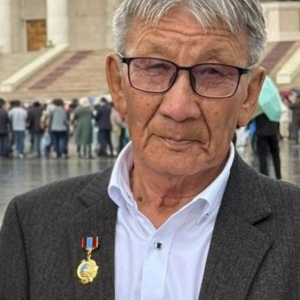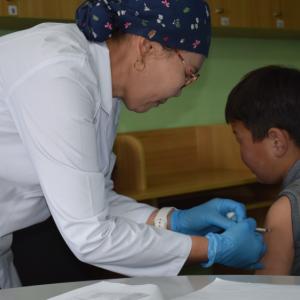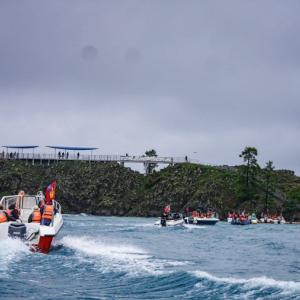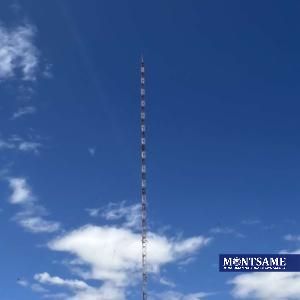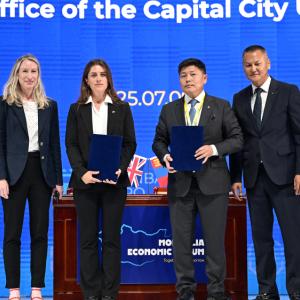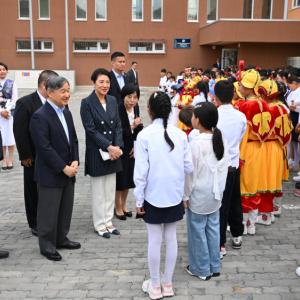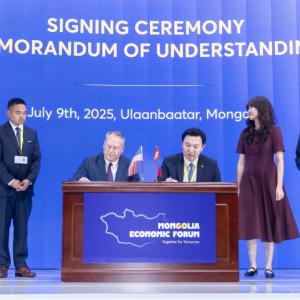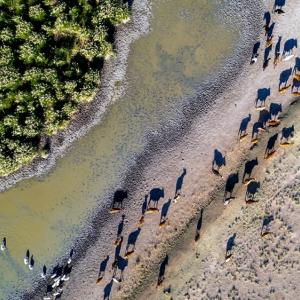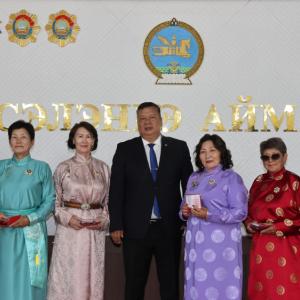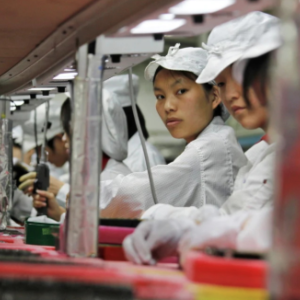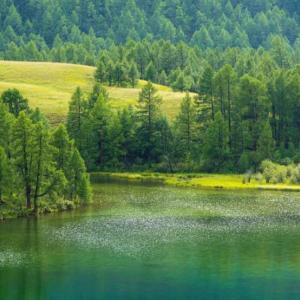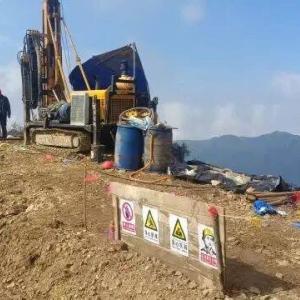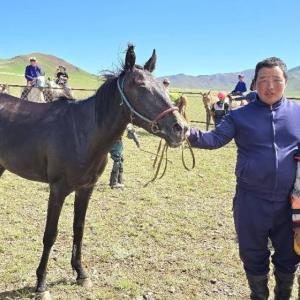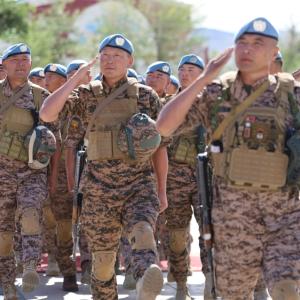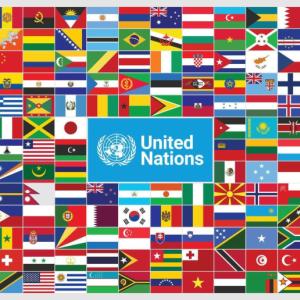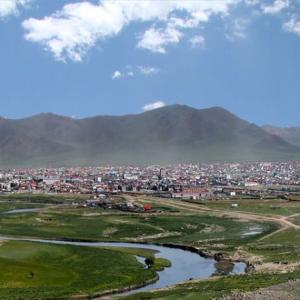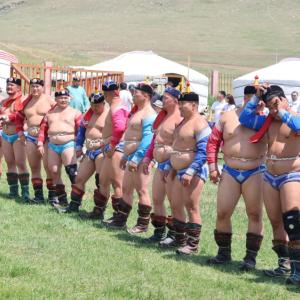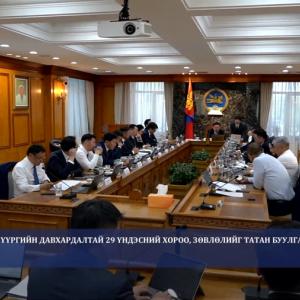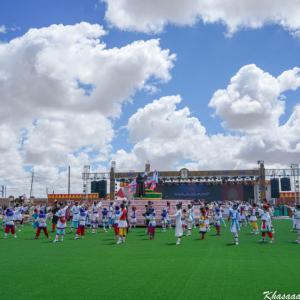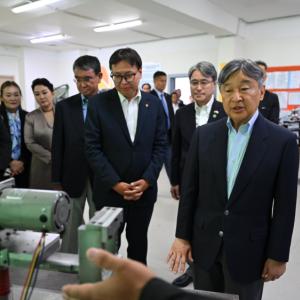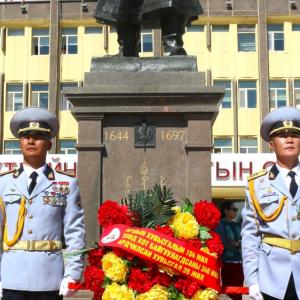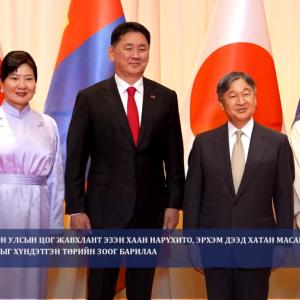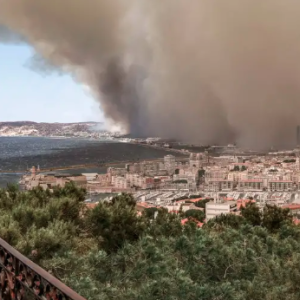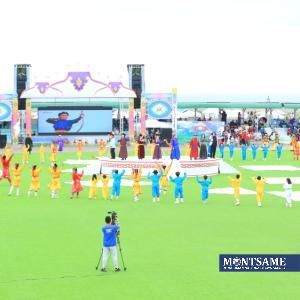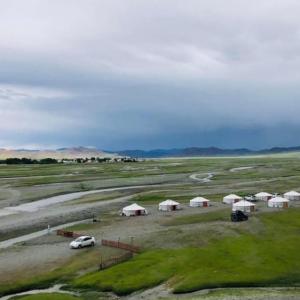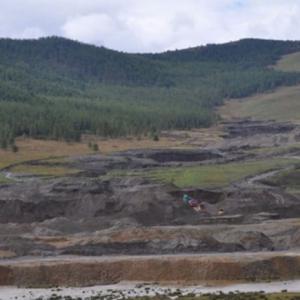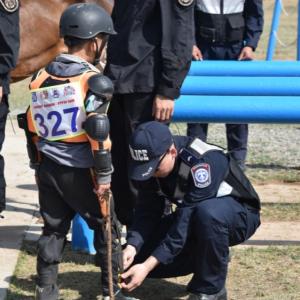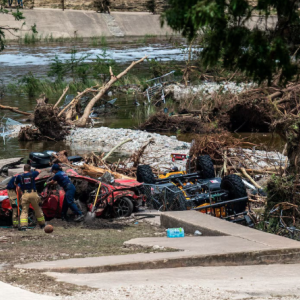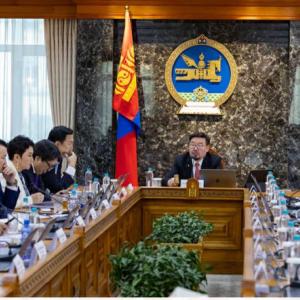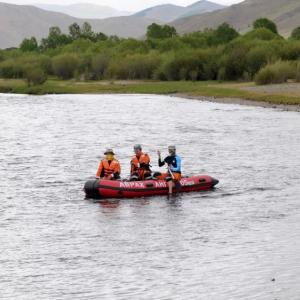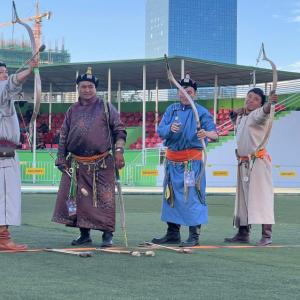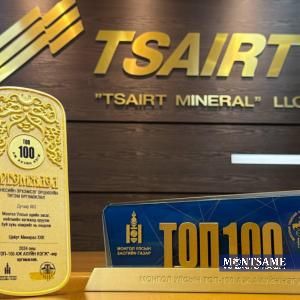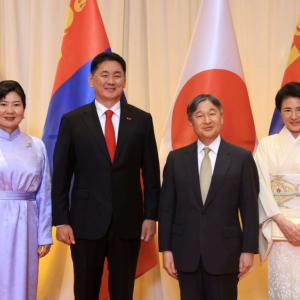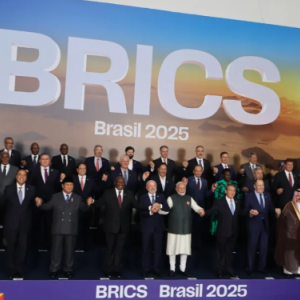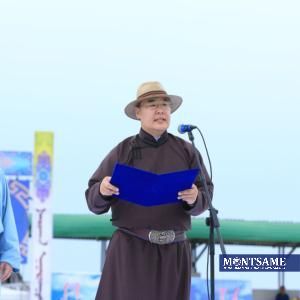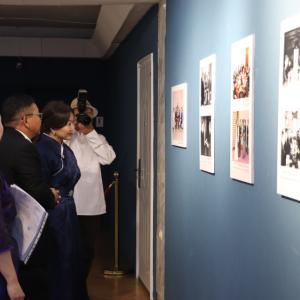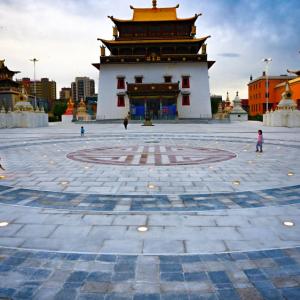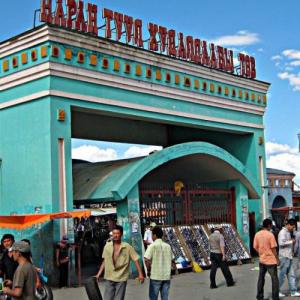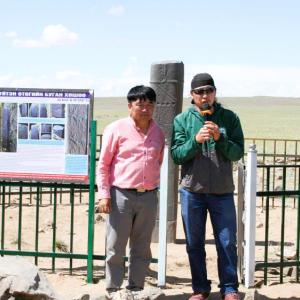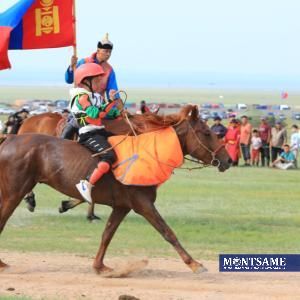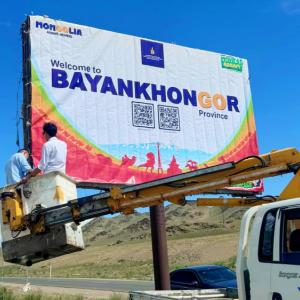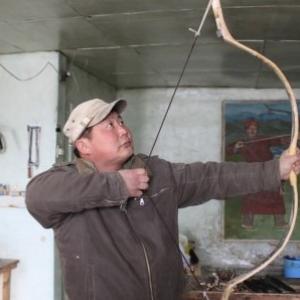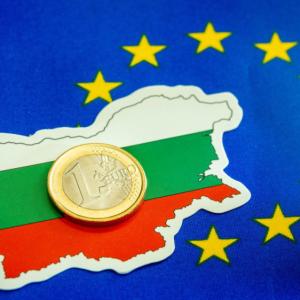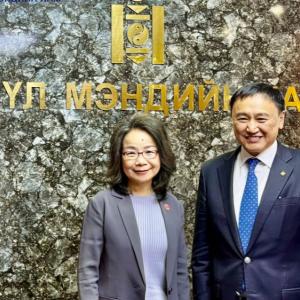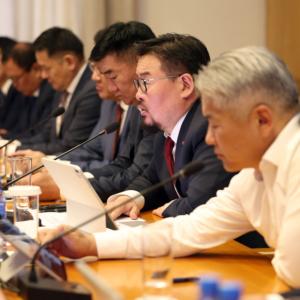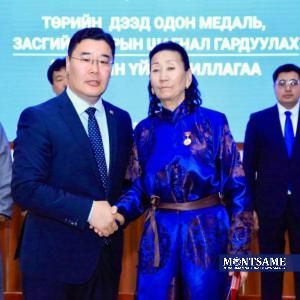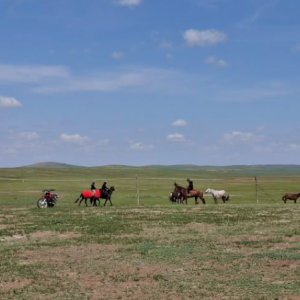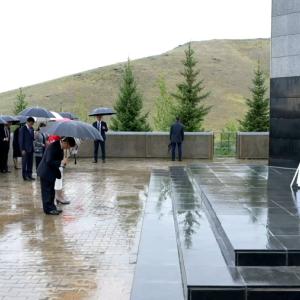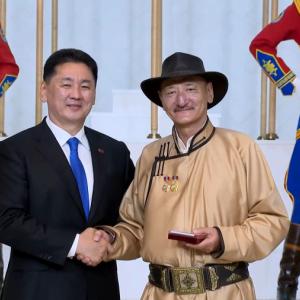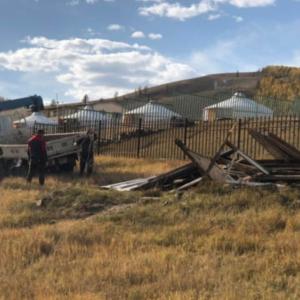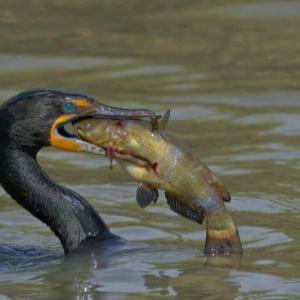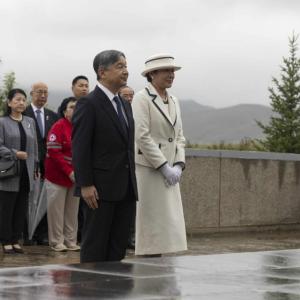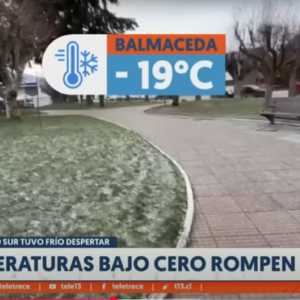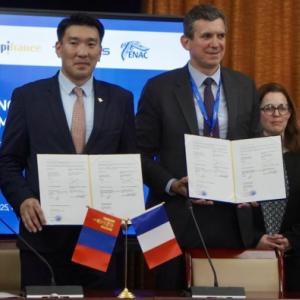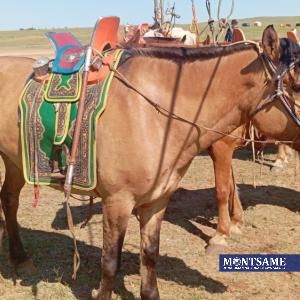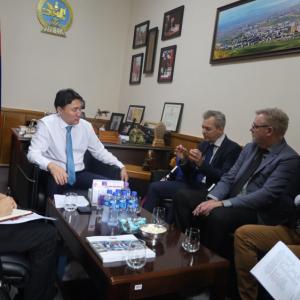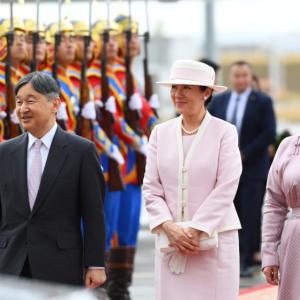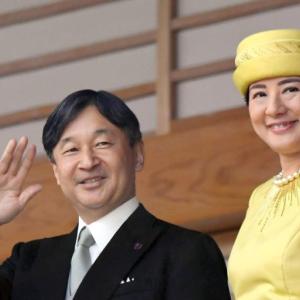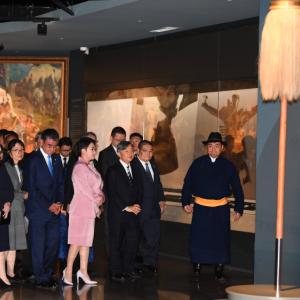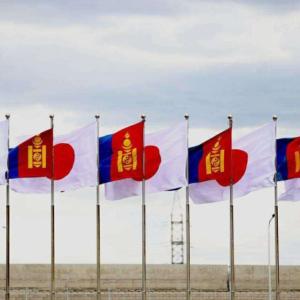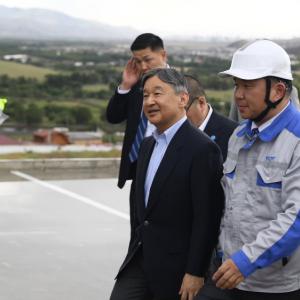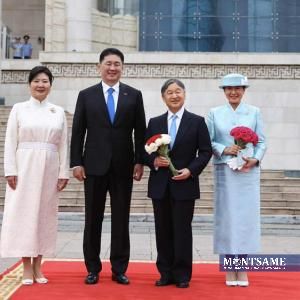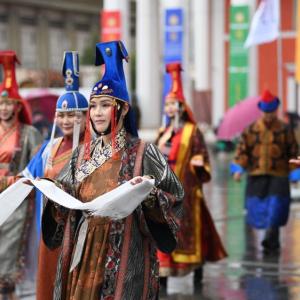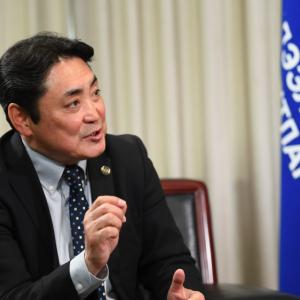UN Special Rapporteur urges better law enforcement
Politics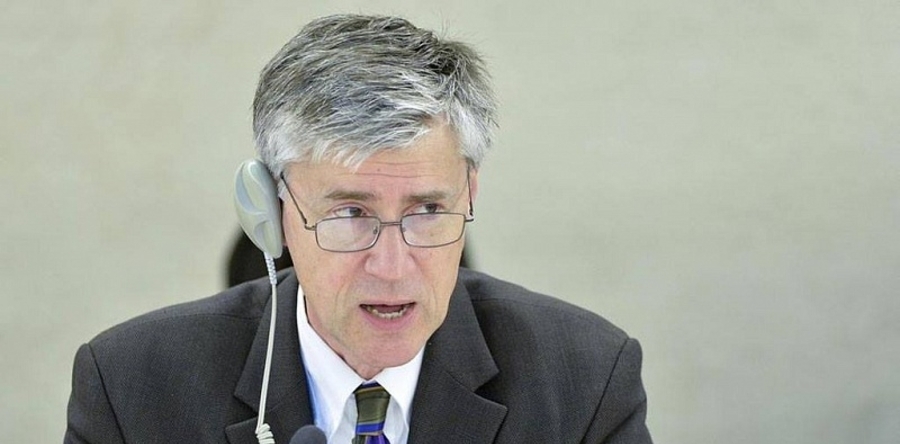
Ulaanbaatar /MONTSAME/ The United Nations Special Rapporteur on human rights and the environment John H. Knox made official visit to Mongolia on September 19-27 to assess how the country is promoting human rights in the context of environmental protection.
On Wednesday, he presented his preliminary observations on the visit at a press conference at the UN House in Ulaanbaatar. During the visit he met with representatives of several ministries of the government, judges and parliamentarians, international and regional organizations, members of civil society, and academics and also travelled to Zaamar and Nalaikh to see conditions there, and met with local government officials, herders, and other members of the local communities.
Knox called for urgent action to tackle air pollution, improve resources and properly assess a major new gold mining project which had the potential to cause major environmental damage. He highlighted the necessity of better enforcement of laws, noting that he has learned of many examples of failures of law implementation.
“When I visited Zaamar, I saw the extensive gold mining that has already taken place there as a result of the “Gold-1” project, which began many years ago and resulted in dozens of mining licenses. Massive dredgers, each as large as an office building, churn up the river; children play near unguarded, dangerous open pits; dust clouds cause respiratory illnesses; wells dry up; fish are no longer to be found; and pasture lands for herders are greatly decreased. Recently, a new project, named Gold-2, was announced, that would lead to many more mining licenses in the soum. The new mines would destroy much of the remaining pasture land and cause far more environmental damage. Understandably, the local community has opposed the project. In spite of this opposition, the Gold-2 project was approved and licenses have begun to be issued. This is contrary to the relevant human rights obligations” said Knox.
The UN Special Rapporteur recommended the Government to establish an Environmental Ombudsperson, whose mandate would be to serve as a focal point for environmental information and complaints. He also urged Mongolia to adopt two new laws. The first is joining to the Aarhus Convention on Access to Information, Public Participation in Decision-making, and Access to Justice in Environmental Matters. Second is to enact the law on human rights defenders that was drafted by the Mongolian National Human Rights Commission, which is currently being reviewed by the Sub-Committee on Human Rights of the Parliament.
On Wednesday, he presented his preliminary observations on the visit at a press conference at the UN House in Ulaanbaatar. During the visit he met with representatives of several ministries of the government, judges and parliamentarians, international and regional organizations, members of civil society, and academics and also travelled to Zaamar and Nalaikh to see conditions there, and met with local government officials, herders, and other members of the local communities.
Knox called for urgent action to tackle air pollution, improve resources and properly assess a major new gold mining project which had the potential to cause major environmental damage. He highlighted the necessity of better enforcement of laws, noting that he has learned of many examples of failures of law implementation.
“When I visited Zaamar, I saw the extensive gold mining that has already taken place there as a result of the “Gold-1” project, which began many years ago and resulted in dozens of mining licenses. Massive dredgers, each as large as an office building, churn up the river; children play near unguarded, dangerous open pits; dust clouds cause respiratory illnesses; wells dry up; fish are no longer to be found; and pasture lands for herders are greatly decreased. Recently, a new project, named Gold-2, was announced, that would lead to many more mining licenses in the soum. The new mines would destroy much of the remaining pasture land and cause far more environmental damage. Understandably, the local community has opposed the project. In spite of this opposition, the Gold-2 project was approved and licenses have begun to be issued. This is contrary to the relevant human rights obligations” said Knox.
The UN Special Rapporteur recommended the Government to establish an Environmental Ombudsperson, whose mandate would be to serve as a focal point for environmental information and complaints. He also urged Mongolia to adopt two new laws. The first is joining to the Aarhus Convention on Access to Information, Public Participation in Decision-making, and Access to Justice in Environmental Matters. Second is to enact the law on human rights defenders that was drafted by the Mongolian National Human Rights Commission, which is currently being reviewed by the Sub-Committee on Human Rights of the Parliament.
B.Ooluun

 Улаанбаатар
Улаанбаатар

